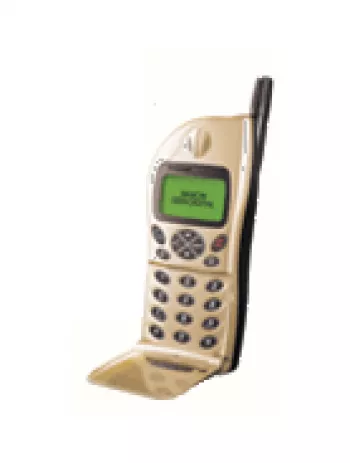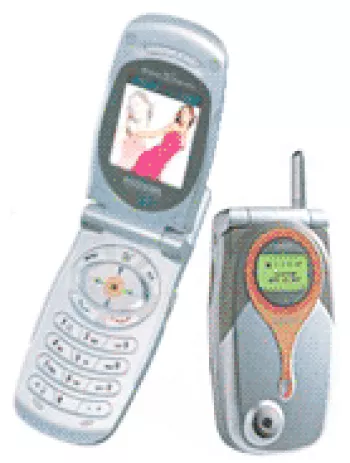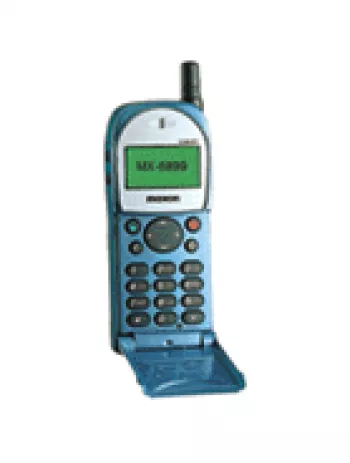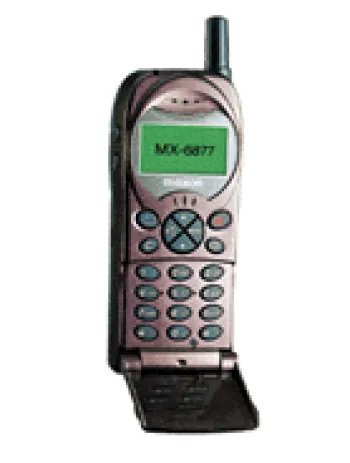
Overview of Maxon MX-6811
The Maxon MX-6811 is a mobile device that epitomizes the early generation of feature phones, released at a time when mobile technology was still in its burgeoning phase. Announced in 1999, this device has since been discontinued, yet it remains a nostalgic symbol of the transition to mobile communication.
Network Capabilities
The Maxon MX-6811 operates on the GSM technology, supporting 2G bands specifically GSM 900 and 1800. This limited network support reflects the era's technological constraints, as the device was primarily used for voice calls and basic text messaging. Notably, the device does not support GPRS or EDGE, making it unsuitable for any form of internet connectivity or data services.
Design and Build
Weighing in at 96 grams and with dimensions of 110 x 46 x 23 mm, the Maxon MX-6811 is compact and lightweight, fitting easily into the hand or pocket. The phone employs a Mini-SIM card, which was the standard at the time of its release. Its design is typical of the late 90s mobile phones, featuring a straightforward, utilitarian build without the frills of modern smartphones.
Display
The display on the Maxon MX-6811 is monochrome graphic, a common feature for devices of its time. The resolution can accommodate 4 x 12 characters, which was sufficient for displaying phone numbers, simple menus, and SMS text. This screen type prioritizes function over aesthetics, eschewing color and high resolution for basic readability.
Memory Specifications
In terms of memory, the Maxon MX-6811 does not support external storage via card slots. The phonebook capacity is modest, suitable for storing essential contact information. It records up to 20 dialed calls, reflecting the device's focus on voice communication over data or multimedia capabilities.
Camera and Sound
Reflecting the technological limitations of its release era, the Maxon MX-6811 does not include a camera feature. Likewise, sound capabilities are restricted; while there is no loudspeaker or 3.5mm jack, the device does support monophonic ringtones, providing basic alert functionality without advanced audio features.
Communication Features
The Maxon MX-6811 is devoid of modern communication technologies such as WLAN, Bluetooth, positioning systems, or radio access. The absence of USB connectivity also limits its capacity for data transfer or connection with other devices, underscoring its role as a basic communication tool centered on voice and text.
Additional Features
The feature set of the Maxon MX-6811 is minimalistic. Essential functions like messaging are limited to SMS, without a browser for internet access. The device features standard utilities like a clock and alarm, though it does not support downloadable games or Java-based applications. These aspects highlight its utilitarian design, serving essential communication needs without additional multimedia or internet capabilities.
Battery Life
The phone is powered by a removable NiMH 550 mAh battery, offering a standby time of up to 100 hours and a talk time of approximately 5 hours. This battery life was considered adequate at the time, providing users with sufficient power for day-to-day telephone conversations.
Miscellaneous Features
Available in six different colors, the Maxon MX-6811 allowed users some degree of personalization in the appearance of their device, which was a significant feature for consumers looking to add a personal touch to their gadget.
Conclusion
The Maxon MX-6811 is emblematic of an era where mobile phones were primarily communication devices with limited additional capabilities. Its basic feature set underscores its use for voice calls and SMS, without advanced multimedia or internet functionalities. While technology has evolved significantly since its release, leading to the device being discontinued, the Maxon MX-6811 remains a point of interest for enthusiasts of vintage technology and those interested in the evolution of mobile devices.
Key Features of Maxon MX-6811
- Compact dimensions: 110 x 46 x 23 mm
- Lightweight design at 96 g
- Supports GSM 900 / 1800 bands
- Monochrome graphic display with 4 x 12 characters resolution
- Removable NiMH 550 mAh battery
- Stand-by battery time of up to 100 hours
- Talk time of up to 5 hours
- Basic communication features with SMS capability
- Includes clock and alarm functions
- Available in 6 different colors
Maxon MX-6811 Key Drawbacks
- No GPRS or EDGE for data connectivity
- Discontinued and outdated model from 1999
- Monochrome graphic display with very limited resolution (4 x 12 chars)
- No memory card slot for storage expansion
- Lacks a camera
- No loudspeaker capability
- Only monophonic ringtones available
- No 3.5mm headphone jack
- No wireless connectivity: No WLAN, Bluetooth, or radio
- No USB connectivity options
- No advanced features such as sensors or Java support
- Limited SMS messaging only, no internet browser
- Uses a removable NiMH battery with limited capacity (550 mAh)
View Also
More Phones
All Rights Reserved +14266 Phones © Mobilawy 2025

























